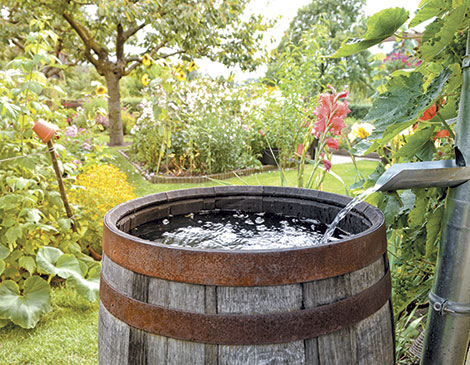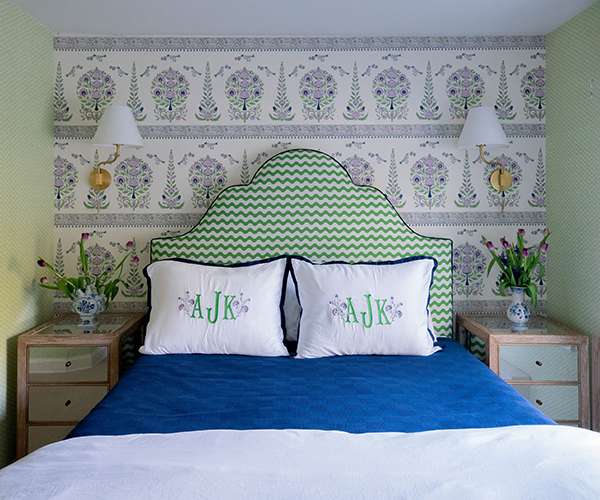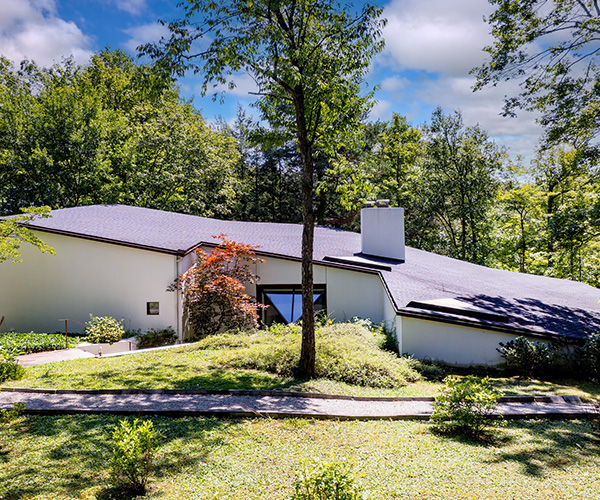Going green does not have to mean wind farms and solar panels. There are plenty of simple ways to make an impact on the earth in your own home. “What we do at home matters to the health of Lake Erie,” says Marc Lefkowitz, acting director of the Green City Blue Lake Initiative. “We can all do something. We can all make a difference.”
Fill the gaps: Home heating and cooling can account for more than half of your energy bill in Northeast Ohio, so a leaky home can come at a cost. Start with a home energy audit to pinpoint where your home loses energy. Many insulation projects such as sealing gaps in windows don’t require a professional. In fact, Lefkowitz did the work himself on his four-bedroom colonial in Cleveland Heights. “Not only did it save us money, but it has improved the comfort of our house,” he says.
Keep it cool: The refrigerator ranks among the heaviest energy-consuming appliances in your home. “When it comes time to replace an older model, look for that Energy Star label,” says Lefkowitz. Pick a model with a freezer on the top, which uses less energy than a side-by-side setup. In addition, try keeping your fridge full, make sure the doors seal tightly and avoid leaving them open more than necessary.
Light the way: Replacing incandescent bulbs with LED lights, which last significantly longer and require less energy than their traditional counterparts, can produce big benefits. “Having switched out old incandescent bulbs with LED bulbs has dropped our energy bill by half,” says Lefkowitz.
Plant the seeds: Native plants, especially hardy perennials such as butterfly weed or columbine, have evolved and adapted to local conditions, reducing the cost of maintenance, water and fertilizer. They also provide habitat for important species that support biodiversity in the region, including monarch butterflies, honeybees and birds. “Just experiment,” says Lefkowitz. “Do some reading about what plants work and match that up with the conditions that you find in your yard.”
Catch the wave: Use a rain barrel to collect rainwater for your lawn and garden. It can help save on your water bill, especially during hot, dry summer months. Check with your local city codes for rain barrel regulations and organizations such as the Cuyahoga County Soil and Water Conservation District or Cleveland’s Sustainability Summer Rain Barrel Program that offer affordable barrels and workshops. “Lake Erie is our greatest natural resource, so we are called to be good stewards of that resource,” says Lefkowitz.




